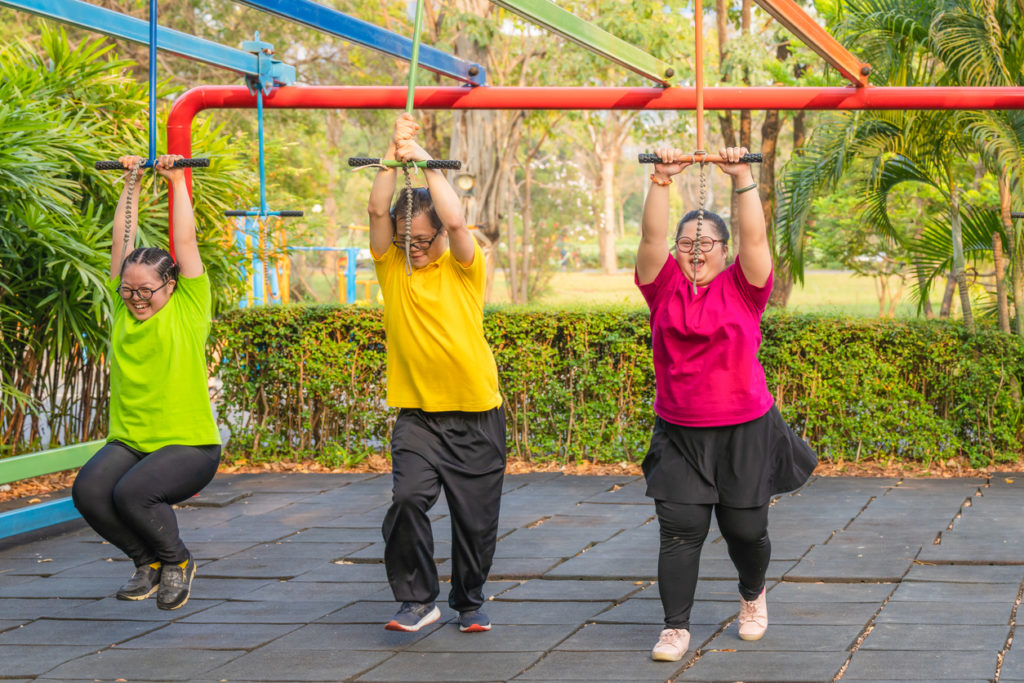Most people can stand up for their rights — they know the constitution and are willing to ensure that none of their rights are taken away. Unfortunately, people with intellectual disabilities are different. They need a little help to get by with life. Unfortunately, an advocate for help is not always forthcoming.
New York has taken steps to ensure that the intellectually disabled are safe from exploitation and can go about daily business with much ease over the years. However, this is not enough. Many are languishing across the street for lack of basic assistance, violation of their rights, and lack of access to essential amenities. These people need your help to get by.
What Does It Mean to Be an Advocate?
An advocate is a defender of another person’s rights, interests, and needs. They speak up for others. They may do what the person in question needs to be done, push others to do what is required, mobilize support for the needy and pressure the government to act on the need.
If you believe a neighbor, relative, or acquaintance with an intellectual disability is at risk of getting harmed, denied their rights, or does not have their needs met, you can advocate for them. This article looks at ways to do it in your area and across New York.
Challenges Faced by Intellectually Disabled
Intellectual disability (ID) is a term that describes people with limitations in cognitive skills and functioning, including self-care, communication, acquisition of new skills, and study. Children with these limitations tend to develop more slowly and differently. They may not adapt to the environment as quickly as other perfectly healthy children.
According to the American Association of Intellectual and Developmental Disabilities, for one to be classified as having an intellectual disability, they must have an IQ of below 70 and have limitations in either acquiring skills to work and live or interact and play, such as self-care and communication. This condition should manifest before the age of 18.
Intellectual disability affects about 6.5 million people in the United States. Around the globe, around 3% of the population suffers from the condition. Some of the common intellectual disabilities include down syndrome, fetal alcohol syndrome, autism, and fragile X syndrome. There are several other conditions whose causes are unknown.
Sometimes intellectual disability occurs when the child gets older from conditions such as severe infection, brain injury to the brain, or stroke. The symptoms of each case may differ significantly from others. However, all of them fulfill the conditions stated above.
How Can You Aid People With Disabilities in Your Area?
Here are a few things you can do to alleviate the challenges faced by people with intellectual disabilities.
Keep Communications Simple as an Advocate
Always keep your communication simple. Your sentences should be short and easy to understand. Ensure that a topic is complete before moving to another one. This helps them understand what you are talking about. You may have to repeat a few areas if they do not understand. Be patient with them until you are on the same page.
Read Non-Verbal Communication
Most people with intellectual disabilities have problems with speech. You have to be very attentive to know what they are saying. Sometimes they will give cues to what they need with their hands and eyes. Be sure to pick these cues. Ask for confirmation to be sure that this is what they meant.
Offer a Little Help in Self Care
If you have a relative with an intellectual disability, they may have a problem taking care of themselves, such as washing, bathing, and dressing. You may volunteer time to help with grooming or getting around their home.
Advocacy and Volunteering Opportunities
There are several community-based volunteering opportunities to help the intellectually disabled access amenities such as medical care, education, aids, and quality care. There are also opportunities to sensitize the public about the rights of the disabled, get them help, and enable them to enjoy their lives.
Unfortunately, several programs are not up to the standard, and others are scams. You must conduct some due diligence on the program you wish to join. Here are a few things you should look at in a volunteering program.
- It should directly work with the intellectually disabled. The program should have verifiable projects they have undertaken with the intellectually disabled.
- It should have a cause or a project for which it seeks volunteers. Aid has to be put into a goal that directly benefits the intellectually disabled.
- The program should have verifiable leadership, offices, and certifications. This means that it is recognized by the local authorities.
Join Venture Foundation to Advocate for Individuals With Intellectual Disabilities

About the Foundation
Venture Foundation is a not-for-profit corporation whose primary purpose is to solicit and disburse funds to support individuals with developmental disabilities and own property for those purposes.
Founded in 1983, we are dedicated to supplementing the human services Venture Together, Inc. (FKA Camp Venture) delivers to adults and adolescents with developmental disabilities in the Rockland County Community.
We solicit funds from private citizens, charitable trusts, corporate or private foundations, and fundraising events and programs. Funds are managed to directly benefit adults and adolescents with developmental disabilities, including providing resources for enhanced or unfunded programs and developing new facilities. We rely on community-minded supporters’ generosity to help plug those shortfalls; our donors are the silver lining in any cloud for our most special population.
Join Hands With Us
You can join hands with us to improve the lives of the intellectually disabled in New York and elsewhere. We welcome charitable gifts from corporations, families, and individuals that go toward supporting individuals in our care.
We accept all types of donations, whether once, regularly, annually, or capital campaign pledges to specific projects. You may also offer planned gifts such as life income gifts, life insurance, wills and bequests, and any other qualifying gift. Corporates can also sponsor our fundraising, advocacy, and welfare events, and we will attach their names to the said events.






